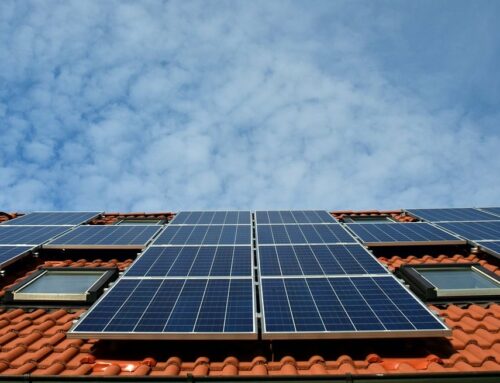Some experts have predicted that the US may head towards a recession, given the current uncertainty of the economic situation. Unfortunately, there’s little anyone can do to prevent it. Most of our blogs have studied inflation’s effect on commercial real estate. While that is critical, it is also important to know how the industry operates during an economic downturn.
The US is no stranger to recessions. The country faced a recession in the 1980s, 1990s, 2008, and then again in 2020 when the pandemic hit. Although COVID-19 played a critical role in the 2020 downturn, the economy had started to destabilize well before it hit. Hence, the commercial real estate industry had already started preparing.
How a Recession Would Affect the Commercial Real Estate
Despite the tumultuous state of economics, the US has not faced a situation similar to our current one. We entered recession due to the pandemic, then suddenly faced inflation in 2021 and early 2022. Now, experts are expecting the recession to hit again.
Being prepared is all we can do in this situation, so the following are the changes you can expect to happen to commercial real estate:
1. The Demand for Multifamily Units Will Increase
It may sound surprising, but the demand for multifamily units rises during a recession. Several people with mortgages can no longer afford to keep paying installments and sometimes choose to sell the property instead.
They shift to smaller multifamily units after the sale, hoping to bounce back once the economy recovers. Some people also choose to move away from bigger cities to affordable locations to be able to make rent.
2. Demand for Industrial Properties Will Plummet
Industrial properties thrive during an economic boom, but the opposite happens when a recession hits. The demand for several common household goods falls, pushing factories and warehouses out of business.
The best solution is to consider converting your property to something with better earning potential or wait out the recession. There is no point in selling during a recession because you will get a much lower price.
3. Office Properties Will See a Mix of Demand Increase and Decrease
Office properties exhibit the most interesting trends during a recession. Some companies renting Type C properties choose to move out because they can no longer afford rent. Still, this change is offset by Type B property renters moving to Type C properties for affordable access to office space.
Type A retains some renters who can continue paying the high rent, but the overall occupied space drops. In turn, the ones abandoning Type A properties often move to rent Type B offices.
4. Retail Profitability will Slow Down.
Retail properties experience a drastic drop in income as people spend less money on entertainment. Most retail spaces have yet to recover from the pandemic-era recession, so it is difficult to predict how they will cope if another recession hits soon.
Final Thoughts
To conclude, commercial real estate does not collapse during a recession. In most cases, the demand cycles shift for property types, and your investment patterns need to change accordingly.
CHRE has worked in the commercial real estate industry for several years, and we can help you create a profitable portfolio. Please contact our team to get our guidance for your next commercial real estate investment.






Leave A Comment